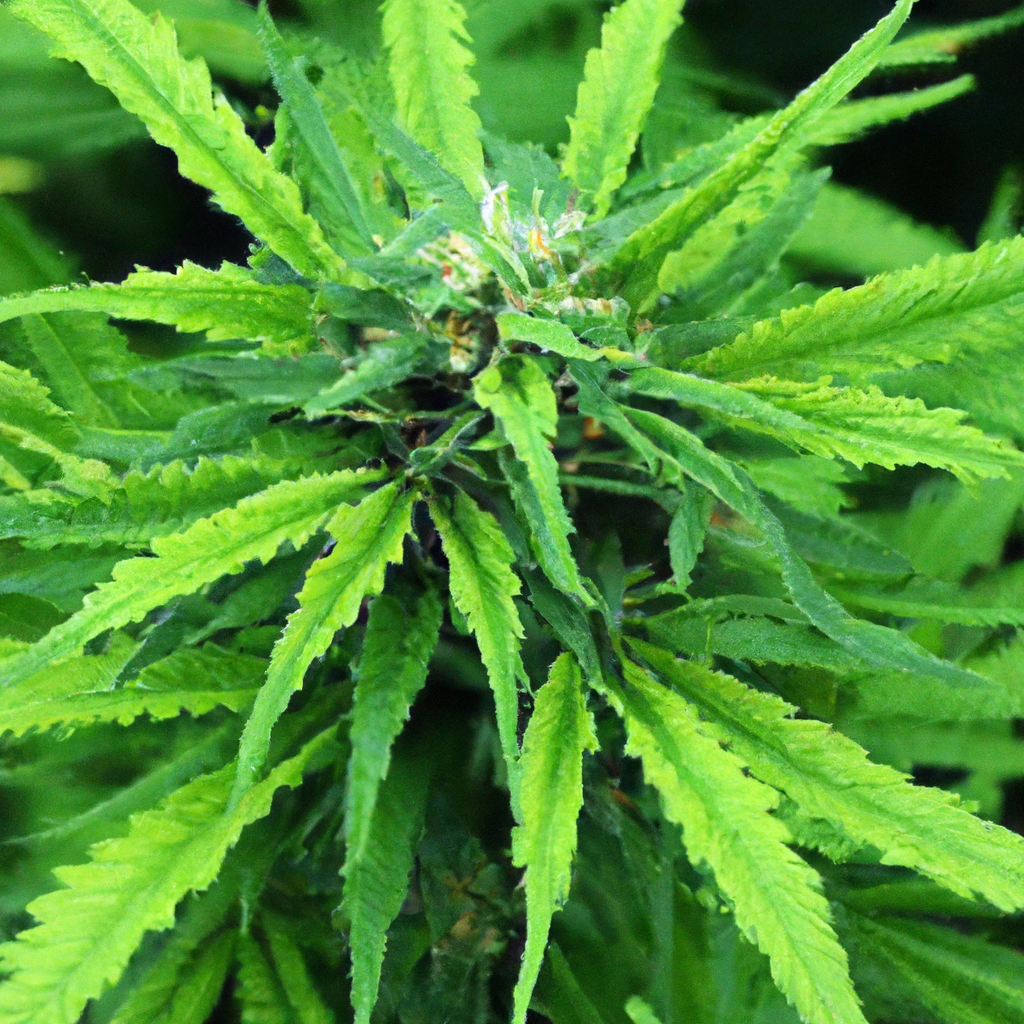Your cart is currently empty!
In recent years, organic cannabis cultivation has gained significant traction among growers seeking to produce high-quality, eco-friendly products. Unlike conventional methods that often rely on synthetic chemicals, organic cannabis cultivation emphasizes sustainability, natural fertilizers, and biodiversity. In this article, we’ll explore the key practices for successful organic cannabis cultivation and highlight its benefits for both the environment and consumers.
Building a Healthy Soil Ecosystem
A thriving soil ecosystem is the foundation of any successful organic cannabis operation. The focus is on enriching the soil with organic matter to foster a diverse microbial community. This can be achieved through the use of compost, earthworm castings, and aged manure. These natural amendments enhance soil structure, improve nutrient availability, and promote plant health.
- Compost: Rich in nutrients, compost provides a balanced diet for your cannabis plants. Regularly top-dressing with quality compost can improve soil fertility over time.
- Beneficial Microbes: Introducing beneficial microbes through microbial inoculants can help break down organic matter, cycling nutrients essential for plant growth.
- Crop Rotation: Rotating cannabis with other cover crops can reduce soil-borne diseases and improve soil biodiversity.
Natural Fertilization Techniques
Natural fertilizers instead of synthetic ones are crucial for maintaining the health of the soil and your plants. Here are a few organic fertilizers that can be used:
- Fish Emulsion: A natural fertilizer high in nitrogen, perfect for supporting vigorous vegetative growth.
- Bone Meal: An excellent source of phosphorus which aids in the development of healthy roots and flowers.
- Alfalfa Meal: Provides nitrogen, phosphorus, calcium, and magnesium while promoting microbial activity.
Organic Pest Control Methods
Effective pest control is crucial to protecting your cannabis without harming the environment. Organic methods avoid harmful pesticides, focusing instead on maintaining ecological balance:
- Companion Planting: Use plants like marigolds, basil, and lavender, which repel pests naturally.
- Neem Oil: Derived from the seeds of the neem tree, this oil is effective against common cannabis pests without harmful side effects.
- Beneficial Insects: Ladybugs and predatory mites can help control aphid and mite populations naturally.
The Benefits of Organic Cannabis
Choosing organic cultivation methods offers numerous benefits:
- Environmental Impact: Reduces chemical runoff, preserving surrounding ecosystems and water sources.
- Consumer Health: Guarantees a product free from harmful chemical residues.
- Sustainability: Promotes soil health and reduces reliance on non-renewable resources.
Conclusion
Embracing organic cannabis cultivation not only aligns with sustainable agricultural practices but also enhances the quality and safety of the final product. By focusing on building healthy soil, using natural fertilizers, and implementing eco-friendly pest control, growers can achieve green and clean growth, benefiting both the environment and health-conscious consumers.


Leave a Reply